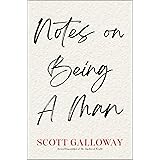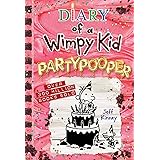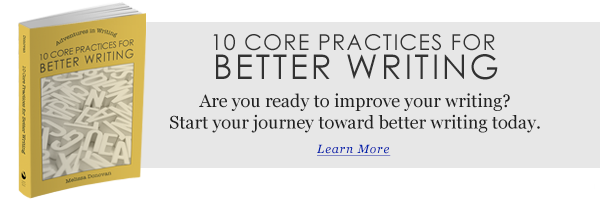Unlock the Secret to Perfect Comma Use with “While” and Transform Your Writing Instantly!
Have you ever paused mid-sentence wondering whether to toss in a comma before “while” or just let it slide? You’re not alone. As a seasoned writer and editor, I’ve danced with the quirks of English punctuation enough to know that those little commas can stir up surprisingly big debates. The word “while” is one of those sneaky conjunctions that wears many hats—sometimes marking a stretch of time, other times setting up a contrast that calls for a grammatical wink. But here’s the kicker: the rules for commas with “while” shift depending on what “while” is really saying in your sentence. In this article, I dive into these nuances—sharing why commas can’t just play by one rule, and how a tiny punctuation mark can totally reshape meaning and rhythm in your writing. Curious about when to pause for the comma’s charming intervention? Let’s unravel this together.

WRITING WELL
And why the rules differ depending on meaning and placement in a sentence
Proofreaders pay attention to lots of details many writers and readers may gloss over. When the question of whether to use a comma, or commas, with clauses that begin with the word “while” came up at work recently, I enjoyed diving in to learn more about this seemingly simple word.
In U.S. English, the word “while” is used in various ways. As a noun, it can refer to a (usually short) period as in “Let’s stay here a while” or to time and effort as in “Is it worth your while?” Meanwhile (ahem), as a verb “while” means “to cause to pass” as in “to while away time.”
When it comes to how to use commas with the word “while,” though, we’re most concerned with “while” as a conjunction. (See my How to Correctly Create Connections with Conjunctions for a quick review on this particular part of speech.) Turns out the conjunction “while” has these four definitions according to Merriam-Webster:
1. “During the time that” as in “She took a nap while her parents ran errands.”
2. “As long as” as in “He’ll continue while he can.”
3. “When on the other hand; whereas” as in “Doing that’s easy for an expert, while it’s dangerous for a novice.”
4. “In spite of the fact that; although” as in “Saving money, while sometimes difficult, has long-term benefits.”
You’ll notice that the first two definitions for the conjunction “while” have something to do with time, and the second two point out some sort of contrast. One easy trick to remember has to do with the contrastive forms of “while”: When “while” can be replaced by “whereas” or “although,” at least one comma is always needed.
You’ll notice that at least one comma is used in both the examples shown above. In the first example, a comma is used when “while” is placed at the end of the sentence, and in the first, two commas are used to frame the information presented by “while” in the middle of the sentence.


















